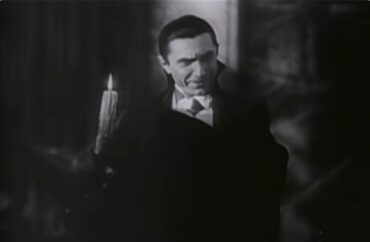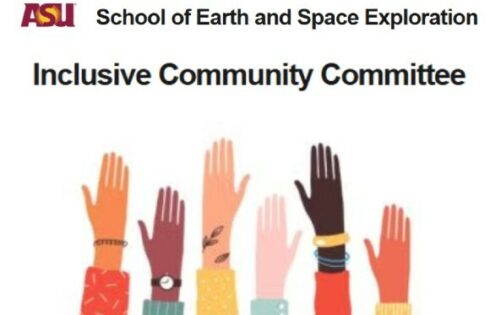
‘The Vampire is the undead monarch of subtextual articulations of Otherness.’
Vampires are a “queer icon,” according to a collection of essays compiled by gender studies scholars.
“Queering the Vampire Narrative offers classroom-ready original essays that continue our explorations of vampires as representations of the cultural Other, which builds on the work of our previous texts,” editors Amanda Hobson and Melissa Anyiwo wrote in the description of the publication.
The book “is specifically written for teaching undergraduate students, including a classroom use chapter.”
Hobson is the current associate director of diversity, equity, and inclusion at Rose-Hulman Institute of Technology in Indiana. Hobson previously worked as the dean of students for Indiana State University. Anyiwo is a history professor at the University of Scranton.
Vampires “[blur] the boundaries of identity and cultural norms…queering even the most seemingly stable notions, such as life, death, humanity, and monstrosity,” according to the editors.
They wrote further:
The Vampire is the undead monarch of subtextual articulations of Otherness, especially queer behaviors and desires, offering explorations of the AIDS epidemic, the destabilization of ideas of fixed and stable sexuality, the search for community and chosen family, and the issues of individual and generational trauma. In current fictions, vampires are coming out of the coffin and the closet, identifying as openly queer and often created by queer writers, artists, and directors and bringing the subtext to the surface of the narrative.
Essays in the volume include “Cultural Context, Found Family, and the Eternal Unavoidable Queerness of the Vampire,” “The Evolution of Lesbian Representation in Sheridan Le Fanu’s Carmilla and Its Adaptations,” and “Meyer’s Vampires and the Complications of Heteronormativity.”
The last essay is presumably in reference to Stephenie Meyer and her popular “Twilight” book series.
While these professors see vampires as literary characters who may reflect real life, a few academics have argued society should allow people to identify as vampires. “Most vampires believe they were born that way; they don’t choose this,” University of Idaho’s DJ Williams stated in 2015 along with co-author Emily Prior.
MORE: Yes, ‘Zombies Studies’ is a thing
IMAGE: Rotten Tomatoes/YouTube
Like The College Fix on Facebook / Follow us on Twitter






Please join the conversation about our stories on Facebook, Twitter, Instagram, Reddit, MeWe, Rumble, Gab, Minds and Gettr.